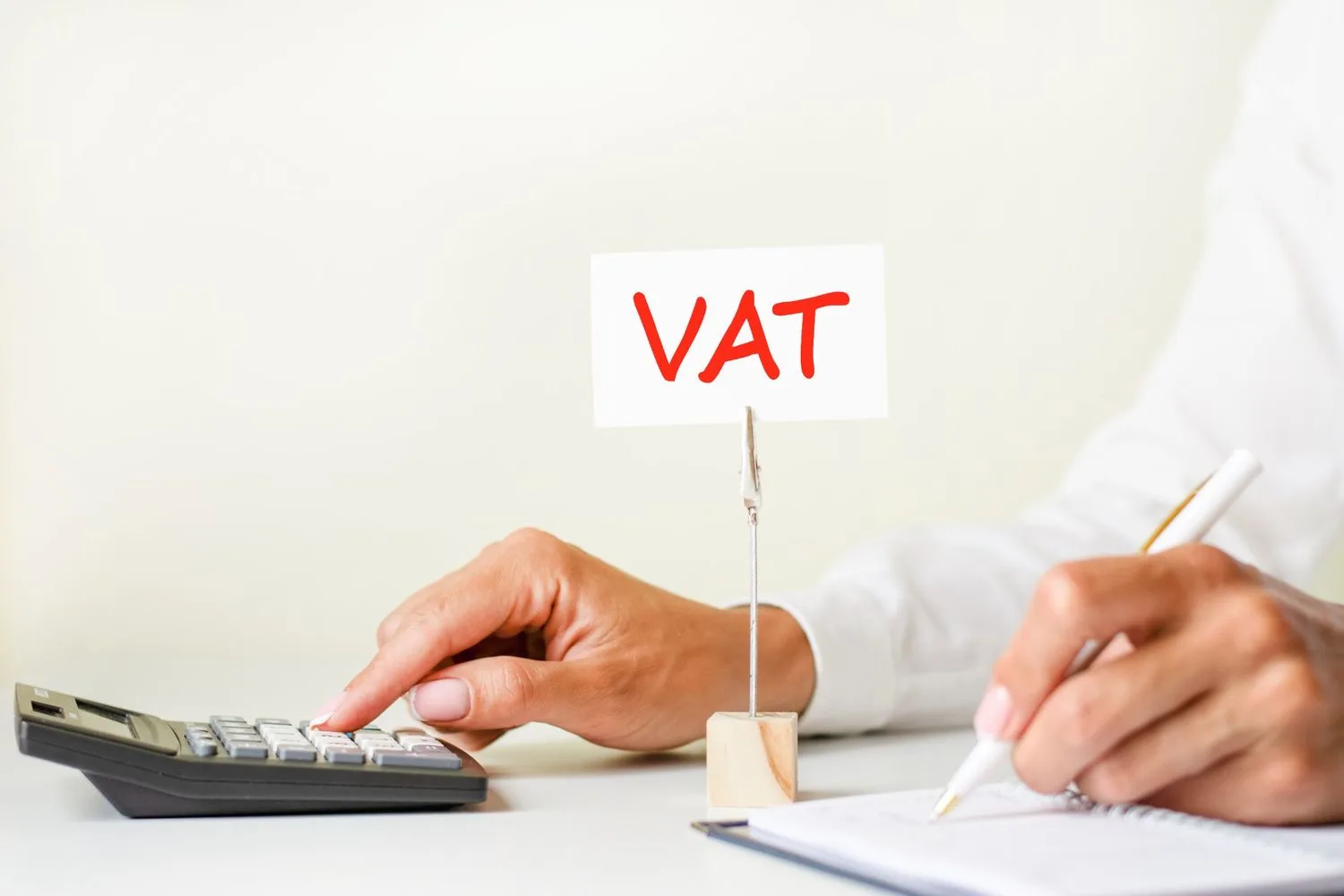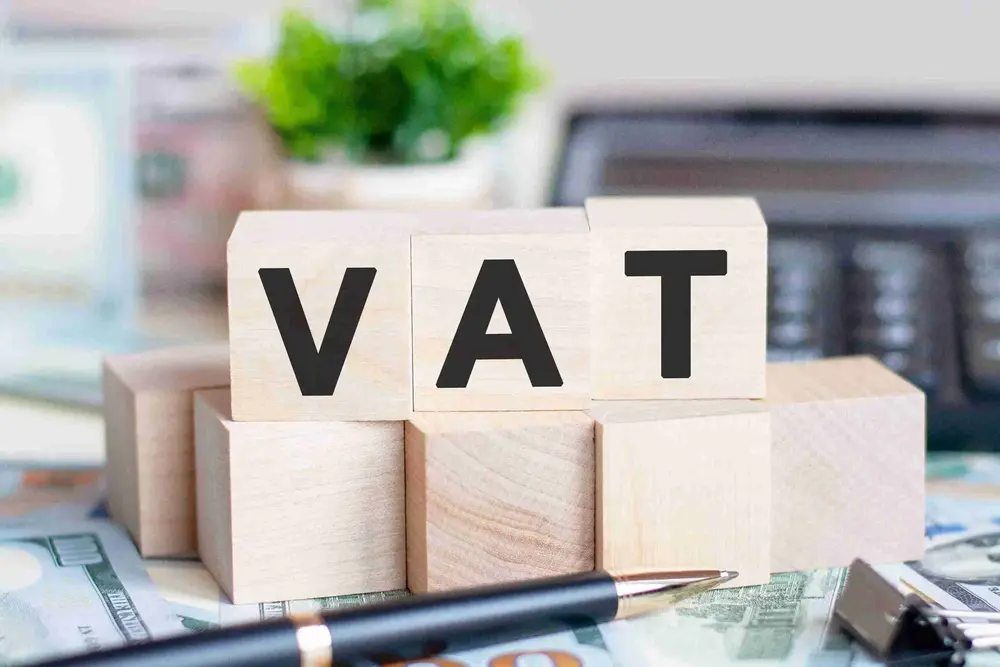VAT Accounting Services for Businesses in Dubai
Comprehensive Guide to VAT Accounting Services for Businesses in Dubai…
Managing VAT compliance as a company in the UAE can be complex, especially with continuous changes in tax legislation. Our VAT Accounting UAE service has been designed to assist companies in proper management of their VAT liability, reduce errors and make timely reporting to the Federal Tax Authority (FTA). Our VAT accounting services for businesses UAE enable you to focus on building your business while we deal with your VAT compliance hassle-free.

VAT is normally mandatory for most businesses in the UAE. Proper VAT accounting ensures:
Our professionals provide tailored VAT accounting services to keep your business totally compliant with UAE tax regulations.

We offer comprehensive VAT accounting services for businesses UAE, including:
Maintaining accurate VAT records are the foundation of compliance. We keep track of all your invoices, purchases, and sales accurately and make them FTA compliant.
Accurate VAT return filing is necessary to avoid penalty. Our experts prepare and file VAT returns on your behalf, ensuring calculation of output tax and input tax claim as well as claims.
We provide periodic advice to keep your firm updated with prevailing VAT regulations and laws. This includes reviewing procedures, suggesting procedures for improvement, and advising on complex transactions.
In the event of an FTA audit, our business supports your company through making preparations, VAT account reconciliations, and responding to audit questions with confidence.
Every business is unique. Either you are an SME, a small enterprise, or a big organization, our VAT accounting services for businesses UAE adapt to meet your business requirements and industry requirements.

Choosing the right VAT accounting partner matters. These are the reasons why businesses trust us:

Comprehensive Guide to VAT Accounting Services for Businesses in Dubai… Maximising Your Business Potential with Expert VAT Consulting in Dubai… The Importance of Corporate Tax Advisory Services in Dubai for…VAT Accounting Services for Businesses in Dubai
Expert VAT Consulting in Dubai
Corporate Tax Advisory Services in Dubai